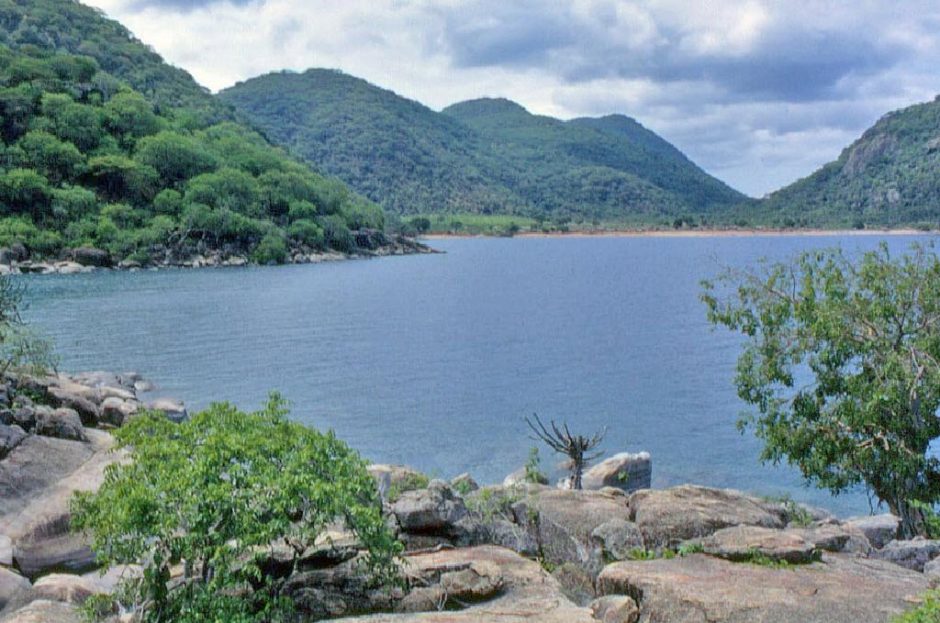Lake Malawi Sediment Core Reveals Wet Past

Instead of experiencing a long-term dry spell following the Pleistocene Transition some million years ago like many had guessed, southern East Africa actually experienced a wetter climate. Researchers at the University of Minnesota made the find after analyzing a sediment core taken from Lake Malawi back in 2005.
The core that investigators obtained came in at a whopping 380 meters long, giving them an incredibly extensive record of the region’s climate. Since gathering the core more than a decade ago, the researchers have been uncovering its secrets.
They ran into some difficulty with radiocarbon dating in that effort because the technique is only accurate back to 50,000 years. To get around that limitation, scientists pulled out all the stops, trying things like reversing magnetic polarity in volcanic ash, tracing changes in the distribution of organic compounds or noting deposition variances and identifying vegetation by studying molecules known to come from oils on leaf coatings.

(Credit: L. Castaneda / University of Minnesota)
All their efforts helped investigators to develop a sense for the climatic history of southeastern Africa and Lake Malawi going back to 1.3 million years in the past. Analyzing the timeline, they realized that the region hadn’t been experiencing a dry climate as had been assumed. Instead, the core revealed that the area’s climate had been getting progressively wetter. In addition, scientists noted that southern East Africa experienced cycles of fluctuating temperatures and rainfall around the times of several ice ages.
“Interglacial periods were relatively warm and moist, while ice ages were cool and dry,” investigators write in the journal Nature. “The Malawi record shows limited evidence for precessional variability, which we attribute to the opposing effects of austral summer insolation and the temporal/spatial pattern of sea surface temperature in the Indian Ocean.”
Scientists add that their results could impact historical climate models regarding parts of Africa, as well as human evolutionary history.
Featured Image: Lake Malawi, 1967. (Credit: Public Domain)
Are there other methods that researchers could have used? What other implications could their findings have? Please consider leaving a comment to share your thoughts!











0 comments